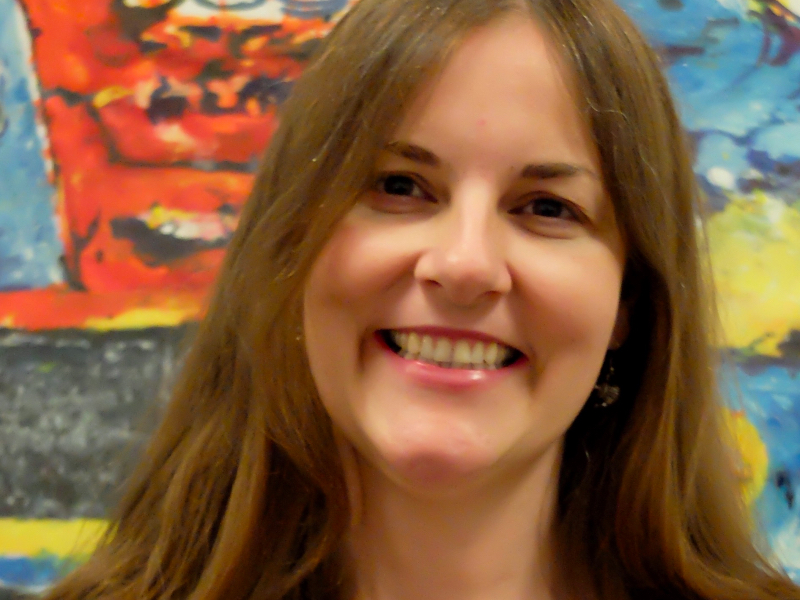I was a young carer who dropped out of my A-levels twice and as a result had to leave home aged 18.
I signed up to be a Community Service Volunteer as the voluntary role came with accommodation (that meant I wouldn’t be homeless) as well as offering me the opportunity to work who had people who had disabilities – the area I knew I wanted to make my career. During my time as a CSV being a full-time carer, to support a disabled student attend Leeds university, I explored courses to become a sign language interpreter but most required qualifications or lots of money. After a lot of perseverance, I found an in-house course at Wolverhampton University to become a Communication Support Worker for Deaf People (CSW) as it required very few qualifications and had no course fees. I went to another new city and used housing benefit to gain accommodation and started the course. I met my husband on the course and after qualifying we both worked as CSW’s in mainstream schools and 6th form colleges whilst studying with the Open University (OU) to gain a degree. After sitting my final OU exam, whilst 8 months pregnant and being violently ill, I applied for a temporary post at a local university as a Specific Learning Difficulties (SpLD) tutor supporting students who had dyslexia, dyspraxia and ADHD as well as other disabilities.
Within weeks the post was made permanent but also found out I had dyspraxia, Sensory Processing Disorder and Attention Deficit Disorder. I had also fallen into a research group due to my curiosity and asking questions regarding the equity of support for all students on all courses as I wanted to increase access to specialist support for students like nurses, social workers, teachers and physiotherapists. During 2007 -2012 I participated in 4 research projects linked to dyslexia, nursing education, use of mobile devices in healthcare settings and use of Skype to enhance access to support for students on health and social care placements / courses. The final project using Skype to increase access to specialist support for students was not adopted by the university, so I decided to leave and found my company Diverse Learners. The hospital my husband worked at as a nurse had just closed and he was without a job but we both believed in the model of support so strongly that we went for it. It was the best thing that could have happened and I have grown in confidence, harnessed my passion and enthusiasm to provide other services too: inclusion training with a specialism for healthcare settings, supporting other parents whose children have dyslexia or dyspraxia, supporting other small business owners who also have a disability, job coaching via Access to Work.
I vlog with my daughter on YouTube – Dyspraxia Tips for Adults and set up Diverse Nurses a lived experience project celebrating the positive attributes of trainee and qualified nurses who have a dyslexia, dyspraxia or ADHD. I blog and write articles about dyslexia, dyspraxia, inclusion, nursing, use of technology in education and healthcare settings. Diverse Learners opened in 2012 and was unique as we are open from 9am-10pm, 7 days a week, all year around and use Skype to deliver tutorials, training, speaking events and more. This model of support was based on the findings of the research project but experienced a lot of negativity from my peers, sector and other professionals regarding the use of Skype to deliver tutorials. However, in 2018 I was given an award from my professional body recognising me as an exceptional practitioner breaking down barriers through innovative and accessible practice and campaigning for disabled students in higher education. I am proud of my part in bringing about awareness and change and that many of the Diverse Learners team have a disability.

